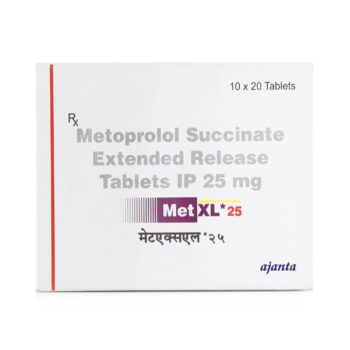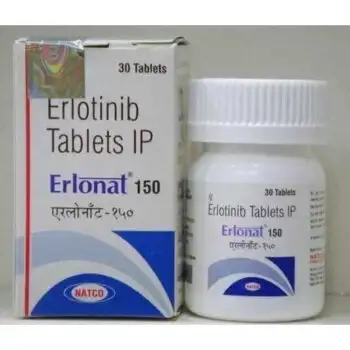Withstanding the Unthinkable: Ivermectin’s Impact on Cancer Treatment | San Francisco, United States
Innovate your cancer treatment journey with the potential of Ivermectin, a revolutionary ally in combating this formidable foe. Unlock new possibilities for healing as you navigate through evidence-based insights and empowering success stories rooted in hope and resilience. Discover how science meets compassion on this holistic path towards reclaiming vitality amidst the challenges that cancer presents. Embrace knowledge, community support, and proactive strategies to shape a future where beating cancer is not just an aspiration but a concrete reality worth pursuing relentlessly.
Product Overview
Ivermectin is a powerful medication used to treat parasitic infections in humans and animals. With its broad spectrum of action, Ivermectin effectively eliminates various parasites such as worms and mites. It is safe when used correctly under medical supervision, providing relief and improved health outcomes for patients.
Human Medical Applications
Ivermectin is a medication commonly used to treat parasitic infections in humans. It is often prescribed to combat ailments such as scabies and certain types of roundworm infections. When administered as directed by a healthcare professional, Ivermectin works by paralyzing and killing the parasites, ultimately helping to alleviate symptoms and promote healing. It is crucial to follow dosage instructions carefully and inform your doctor of any existing health conditions or medications you are taking to ensure its safe and effective use. Always consult with a healthcare provider before beginning any new treatment regimen involving Ivermectin.
Safety and Side Effects
Ivermectin is generally considered safe when used at appropriate doses for approved indications such as parasitic infections in humans and animals. However, common side effects may include dizziness, nausea, diarrhea, and skin rash. In rare cases or with misuse at high doses not intended for human use (such as veterinary formulations), more serious side effects like severe allergic reactions or neurological symptoms can occur. It's important to always follow your healthcare provider's instructions and seek medical advice if you experience any unusual symptoms while taking Ivermectin.
Conclusion
Durable treatments for cancer are crucial in improving patient outcomes. Ivermectin, a well-known antiparasitic medication, shows promising potential as an adjunct therapy in cancer treatment. Research suggests that ivermectin exerts anti-cancer effects through various mechanisms, including inhibition of tumor cell proliferation and induction of apoptosis. Additionally, this drug has demonstrated the ability to enhance the efficacy of traditional chemotherapy drugs while reducing their resistance development. The durability of ivermectin's impact on cancer cells presents an exciting opportunity for further exploration and clinical application in oncology settings.


